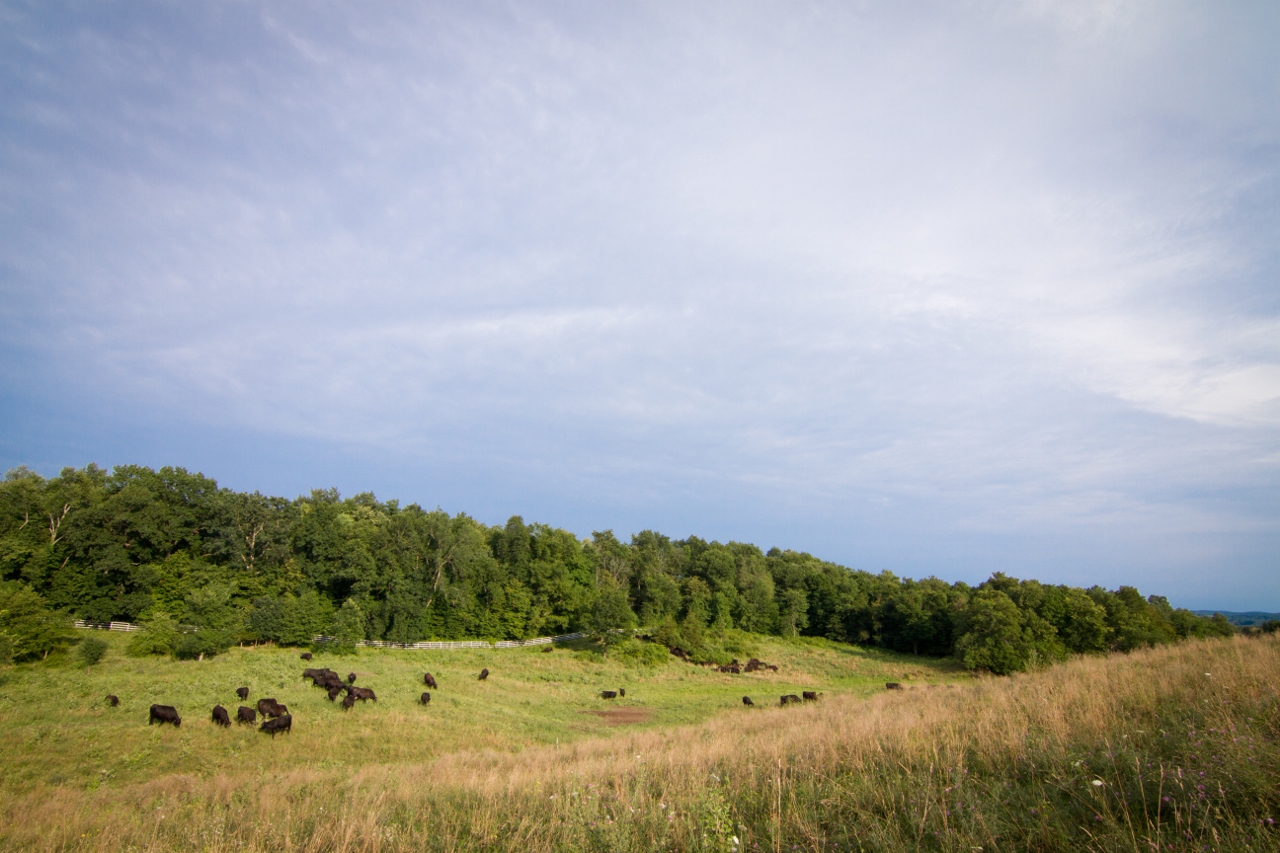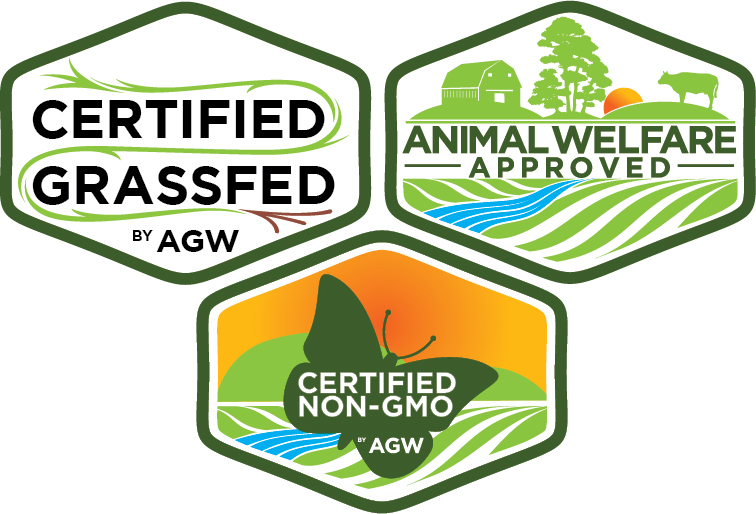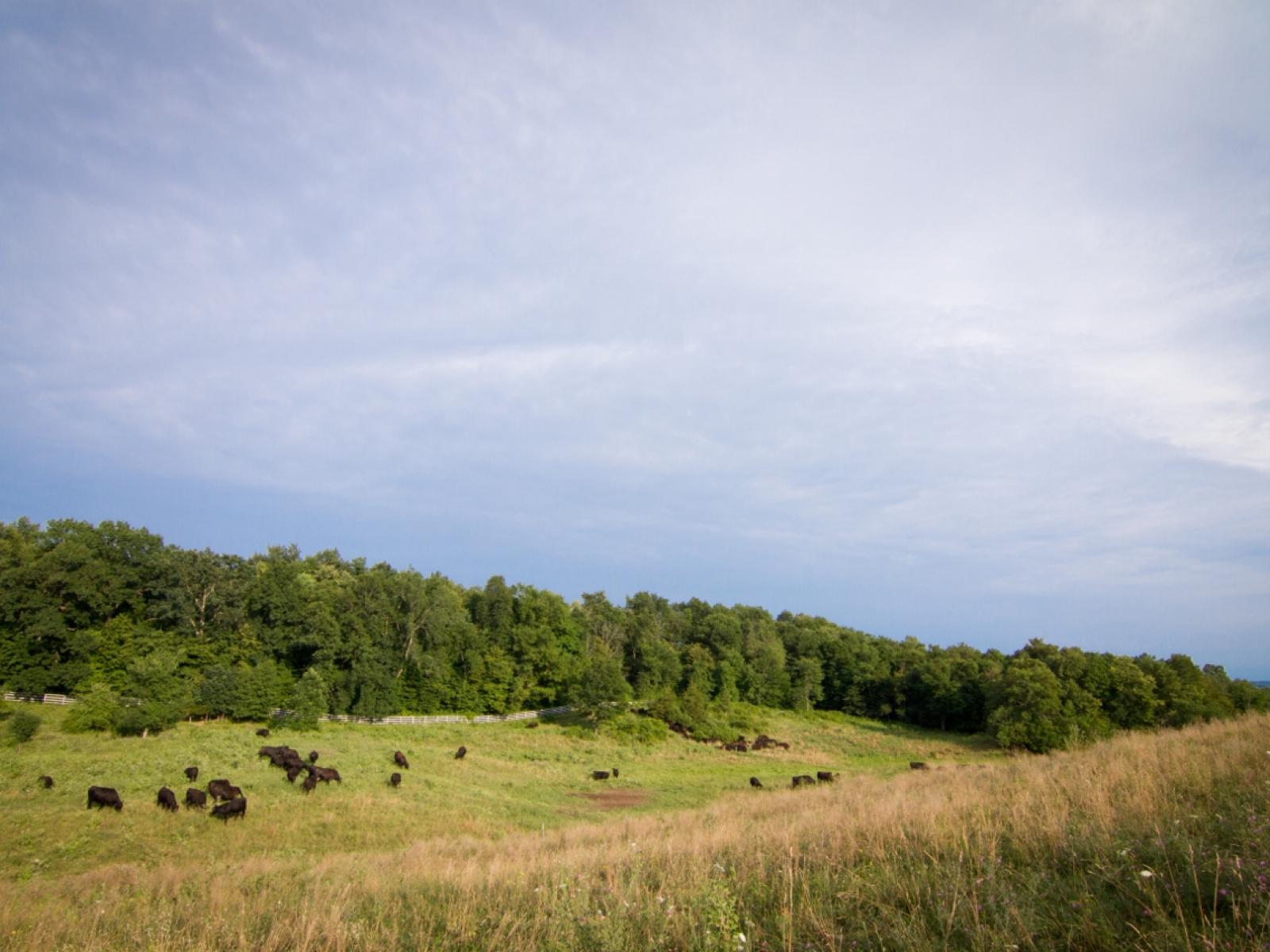An Overview Of Our Solution
- Population Impacted:
- Continent: Africa
Organization type
Population impacted
Size of agricultural area
Production quantity
People employed
Describe your solution
Describe your implementation
External connections
What is the environmental or ecological challenge you are targeting with your solution?
Describe the context in which you are operating
A nonprofit funded by public donations, A Greener World offers a range of resources to help people make informed food choices, including a family of credible third party certification programs (including Certified Animal Welfare Approved by AGW, Certified Grassfed by AGW and Certified Non-GMO by AGW), an Online Directory of certified farms and products and Food Labels Exposed—a definitive guide to food label claims (available in print, online, and as a smartphone app). We have recently been described by Consumer Reports in the New York Times as the only humane label worth paying for, building on our past rating by Consumers Union as the only highly meaningful label for outdoor access, animal welfare and sustainability. Our unrivalled agricultural expertise is unique in the NGO community. The most important asset to AGW’s successful growth and development is owed to an organizational appreciation for the value of real agricultural experience. We also work to educate consumers and farmers by partnering with regional organizations to expand our reach.
After 10 years of success in the U.S. and Canada we are actively expanding our operations are to other parts of the world including South Africa, Mexico and China, and are thus seeking funding to support the initial implementation in these areas. The scope of this project is solely for partnering with a seed team (with whom we already have a working relationship) in South Africa.
How did you impact natural resource use and greenhouse gas emissions?
Language(s)
Social/Community
Water
Food Security/Nutrition
Economic/Sustainable Development
Climate
Sustainability
Our model, which has proven successful in North America, is that our baseline certification, Animal Welfare Approved, is free to farmers and additional optional accreditations such as Certified Grassfed by A Greener World and Certified Non-GMO by A Greener World help to cover the costs of the entire program. Thus, all farmers have access to a free value-adding certification, which improves their economic opportunities and is in effect subsidized by producers with the market ability to pay reasonable fees for additional accreditations. Investment into A Greener World South Africa is multiplied with each farmer that is certified.
Return on investment
Entrant Image

Entrant Banner Image

